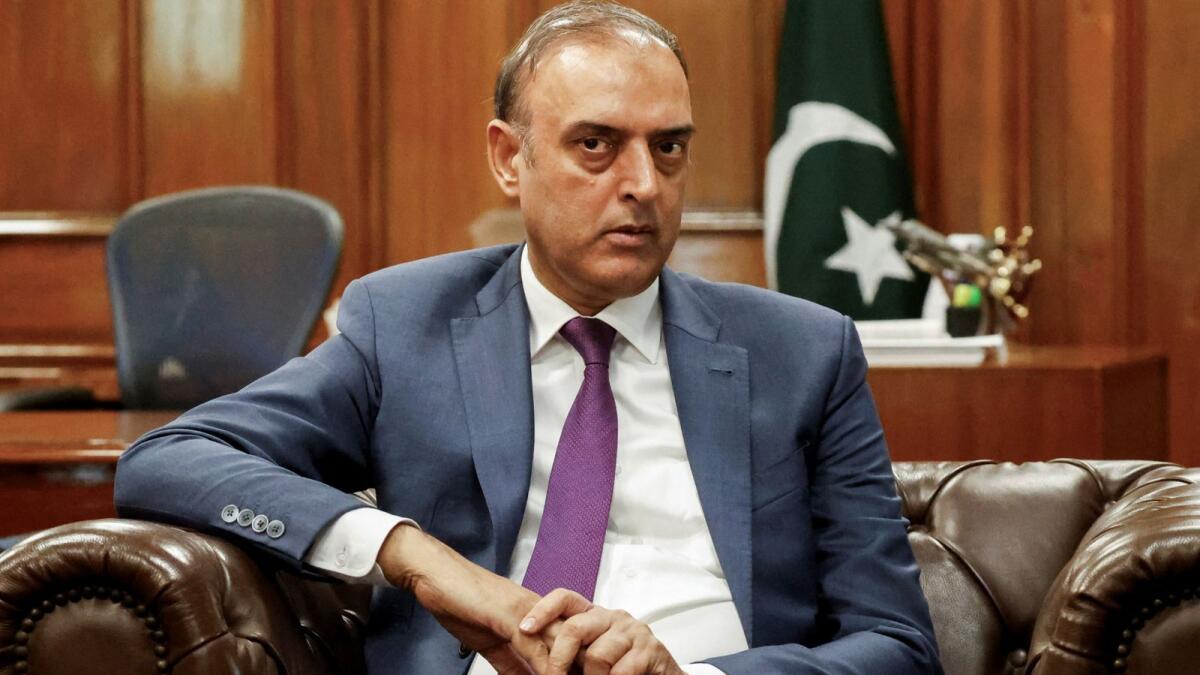Pakistan is strategically aiming to secure $4 billion from Middle Eastern commercial banks as a means to bridge external financing gaps, according to Jameel Ahmad, the Governor of the State Bank of Pakistan (SBP). Ahmad revealed in an interview that Pakistan is also finalizing the securing of an additional $2 billion in external financing for the approval of a $7 billion bailout program with the International Monetary Fund (IMF). The agreement between Pakistan and the IMF was reached in July, subject to approval from the IMF’s executive board, pending financing assurance confirmations from development and bilateral partners.
Regarding monetary policy, Ahmad noted that recent interest rate cuts in Pakistan have had the intended effect, with inflation rates decreasing and the current account being under control despite the rate cuts. The country’s consumer price index inflation was recorded at 11.1% in July, showing a significant decline from previous highs in 2023. Ahmad mentioned that the Monetary Policy Committee will assess these developments and that future rate decisions cannot be predetermined. Pakistan’s central bank has reduced rates consecutively, from 22% to 19.5%, and is scheduled to review monetary policy on September 12 to determine further actions.
Ahmad emphasized the importance of focusing on growth and related areas to address issues such as job creation and socio-economic concerns. He mentioned that while the central bank’s primary mandate is to ensure price and financial stability, the focus will gradually shift towards promoting growth. This shift in focus comes as a result of the notable progress made in controlling inflation and stabilizing the current account through recent monetary policy decisions in Pakistan.
The developments revealed by Ahmad provide insights into Pakistan’s economic strategy and efforts to secure external financing to support its financial stability and growth objectives. The country’s partnership with the IMF and potential funding from Middle Eastern commercial banks signal a proactive approach towards addressing external financing challenges. Ahmad’s statements regarding monetary policy decisions and the focus on growth highlight the importance of balancing stability with growth to promote long-term economic sustainability and job creation in Pakistan.
In the context of global economic challenges and uncertainties, Pakistan’s proactive measures to secure external financing and address key economic indicators such as inflation and current account stability demonstrate a commitment to promoting economic resilience and growth. Ahmad’s leadership and strategic vision for the State Bank of Pakistan reflect a comprehensive approach towards achieving economic stability and fostering sustainable development in the country. By leveraging partnerships with international financial institutions and commercial banks, Pakistan aims to strengthen its financial position and support its economic recovery efforts in the coming fiscal year.
As Pakistan moves forward with its economic agenda and seeks to secure additional financing to support its IMF bailout program, Ahmad’s insight into monetary policy decisions and the focus on growth provides a roadmap for sustainable economic development. By maintaining a balance between stability and growth, Pakistan can navigate through economic challenges and capitalize on opportunities for long-term prosperity. With a strategic approach and a focus on key economic priorities, Pakistan is poised to emerge stronger and more resilient in the global economic landscape.











